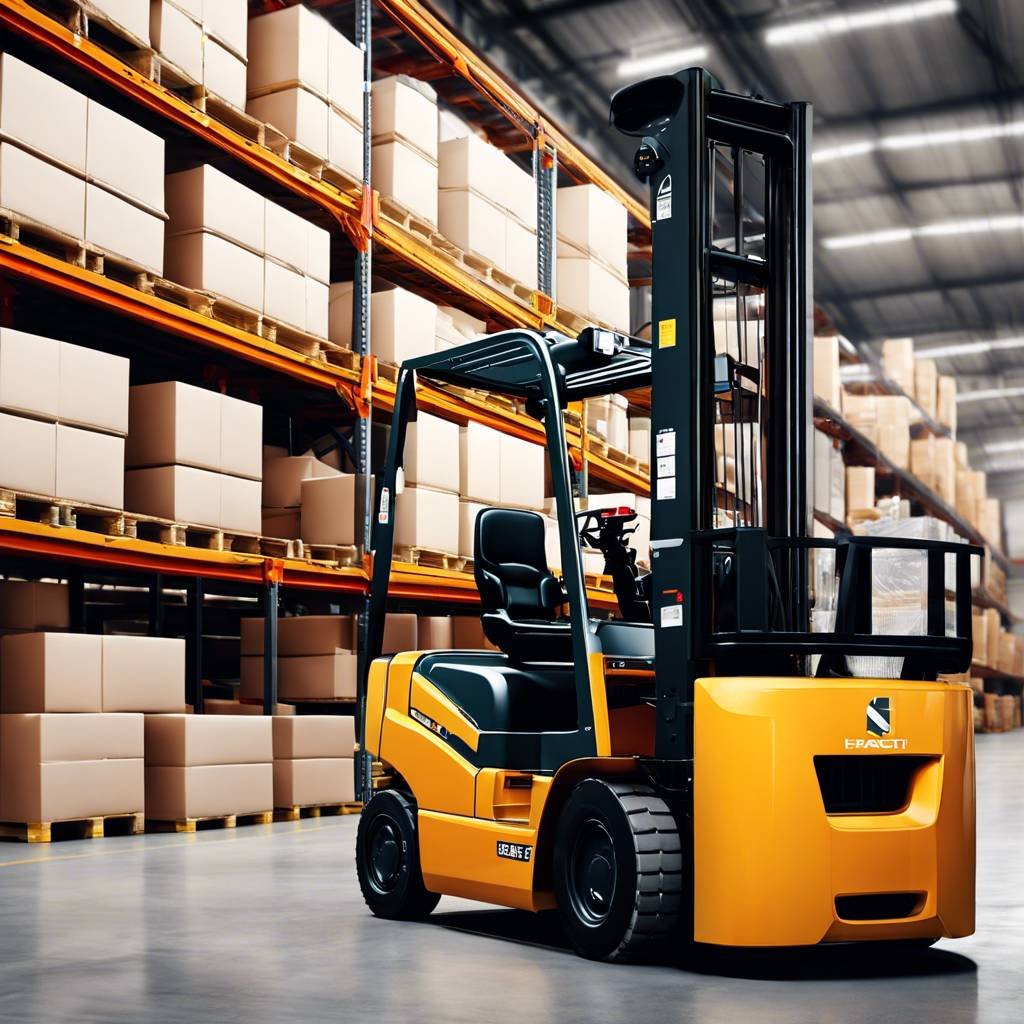When considering the purchase or rental of forklifts, it’s important to weigh the financial implications of any large equipment investment, much like the building industry scrutinizes alterations to building regulations. In England, amendments to building regulations have led to a significant discussion about how the construction industry must adapt to increased costs. While we’re a world away in Australia, there are lessons that can be learned and applied, especially for those in the market for forklifts.
If you’re in the trade or logistics sectors and considering forklift hire in Sydney, servicing, or repairs, it’s crucial to make informed decisions about the types of forklifts that will boost your efficiency and keep costs predictable. Construction professionals in England are now focusing on greater financial certainty in their projects, and similarly, when you’re looking at forklifts for your business, understanding the cost/benefits of various models, like diesel forklifts versus electric forklifts, can provide important insights for your operations.
In light of the increased costs expected in the building industry overseas, let’s talk about how Australian businesses can ensure they make financially sound decisions regarding forklift hire, servicing, and repairs.
Firstly, having access to a reliable forklift fleet is essential for many businesses. However, purchasing a forklift outright may not always be the wisest financial move, especially if you don’t require the machine around the clock. Forklift hire in Sydney offers flexibility and typically includes maintenance and repairs within the rental fee, saving you unexpected costs that can eat into your budget. This hiring approach parallels the structural shift suggested for English construction industry contracts, shifting to lump-sum fees for future certainty.
When weighing the diesel forklift versus electric forklift options, it’s important to account for ongoing costs. Diesel forklifts are often favored for their power and durability, especially in outdoor environments, but they also incur fuel costs and may have higher maintenance expenses. Contrastingly, electric forklifts have lower operating costs due to their rechargeable batteries and generally have fewer moving parts, which can mean less frequent servicing. The choice between the two can impact your financial planning, much like how building professionals must evaluate the long-term financial implications of their regulatory compliance.
Indeed, forklift servicing in Sydney is an area where foresighted planning can avoid unbudgeted expenses. Regular servicing is essential to keeping your forklifts in top condition and ensuring the safety of their operation. When negotiating service contracts, it’s important to engage in upfront discussions, like those mandated for English construction projects, to establish clear expectations on costs and to prevent surprise fees down the line.
Moreover, when it comes to forklift repairs, time is often money. A forklift out of action can cause delays and dip into your productivity. Partnering with a provider known for their swift and effective repair work can help minimize this downtime. Choose a service that prides itself on transparency regarding repair time frames and costs – this practice reflects the emphasis on honest communication between clients and service providers, as seen with the approach taken by entities like EPR Architects.
As you consider your options, you may come across a Toyota Forklift or others that seem like good fits for your needs. It’s advisable to select a brand that not only meets your operational requirements but also provides clear maintenance and servicing plans. Toyota, for example, is a brand known for reliable forklifts and often provides straightforward information on the costs associated with their equipment’s upkeep.
In conclusion, whether you’re immersed in the building industry or require a forklift for your operations, financial planning is key. By understanding the financial implications of equipment hire, maintenance, and repairs, you can make decisions that lead to a more predictable and effective budget. This approach ensures you can focus on what you do best – running your business efficiently and successfully, without any unforeseen financial roadblocks.





